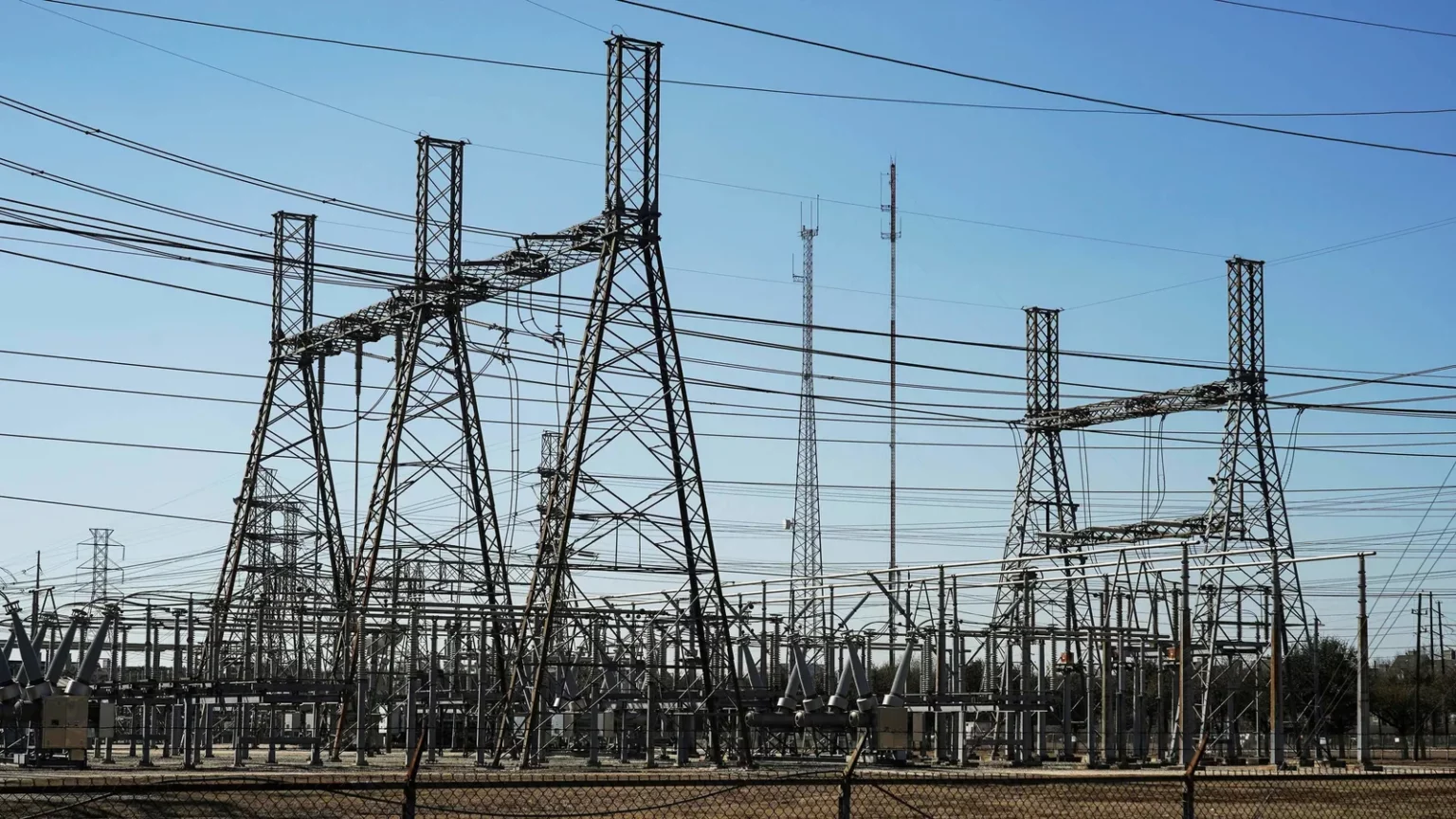According to the industry association, the ongoing crisis may force plants into expensive shutdowns, which could damage equipment, increase costs and ultimately lead to “poorer environmental performance with higher emissions”.
UK Steel warned on Monday that spiking electricity prices could result in skyrocketing emissions and lead to chaos in supply chains.
“These extraordinary electricity prices are leading to smaller or wiped-out profits and thus to less reinvestment,” UK Steel said in a briefing document. “With winter approaching, demand for gas and electricity will rise, and prices could get higher, which will make it impossible to profitably make steel”.
According to the association, some plants may shutter their production “for increasingly extended periods with the consequences not only for individual companies but also UK steel supply to the UK economy and UK jobs”.
It will also result in “poorer environmental performance with higher emissions”, as some plants may switch from gas to less expensive energy sources such as fuel oil.Unless the British government helps, “the consequences will be dire for our industry”, UK Steel said.
After meeting with Business Secretary Kwasi Kwarteng, UK Steel boss Gareth Stace stated that the government had provided “no immediate solutions or guarantees”.
“We can’t wait until Christmas and beyond. Or even a few weeks. We need action now, it needs to be swift, decisive action”, he said.
The warning was issued amid an ongoing energy crisis in Britain, which has been suffering from fuel shortages as well as from rising prices for gas and electricity. As a result, multiple energy suppliers across the country have gone out of business, while many of the most energy-intensive industries have requested financial support from the government.Gas prices have risen more than twofold since January, causing major concerns across Europe: recently, gas futures set an all-time record, reaching around $1,900 per 1,000 cubic metres last week. It rapidly rebounded, but remained high, falling back to around $1,200 per 1,000 cubic metres.
source : sputniknews.com



